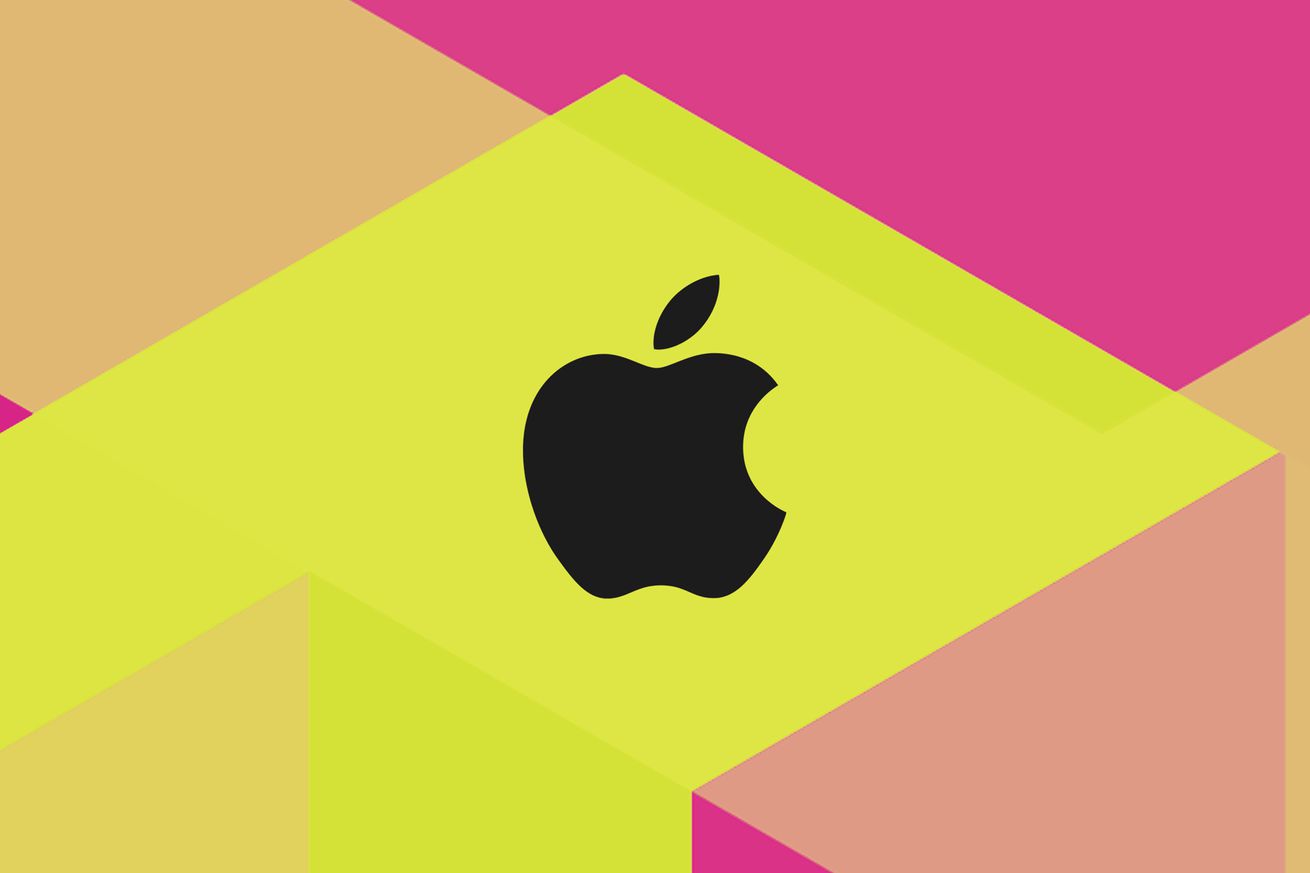
Apple might be getting into VR at the worst possible time
Apple is heavily rumored to reveal its long-awaited mixed reality headset in just a couple of months, but that reveal seems to be arriving at a time when demand for high-end VR is actually quite low.
According to a new blog post from analyst Ming-Chi Kuo, some of the biggest recent bets in VR have largely flopped. Kuo reports that:
Sony has cut its 2023 production plan for the PS VR2 by about 20 percent.
The product lifecycle shipment for Meta’s Quest Pro is only around 300,000 units.
Pico (China’s largest AR/VR headset brand) shipments in 2022 were more than 40 percent lower than expected.
In other words, the impressive PSVR 2 hasn’t been as popular as Sony may have hoped, Meta Quest Pro sales barely scratch the surface of the Quest 2’s nearly 20 million units sold, and the ByteDance-owned Pico is struggling, too.
There have already been some signs that high-end VR isn’t taking, especially Meta’s decision to cut the Quest Pro’s price from $1,500 to $1,000 just over four months after the product first launched. But given that Apple’s headset is rumored to cost around $3,000 — double the Quest Pro’s starting price — the iPhone maker could have a steep road ahead as it tries to get traction for its headset.
Apple’s headset will apparently be a monster of a device, which could be part of the reason it might cost so much. It will reportedly have advanced hand tracking, won’t require a controller, and can apparently recreate somebody else’s full body in VR in one-on-one FaceTime calls. But it will also apparently rely on an external battery pack for power, which, to me, seems like it won’t totally track with Apple’s usual streamlined aesthetic. The higher price might also be an indication that Apple is targeting developers to start, not the mass market, so it may be looking for a different pool of buyers than devices like the PSVR 2.
It’s also not totally clear why we need an Apple headset right now. In a recent interview, CEO Tim Cook argued that augmented reality could enhance “communication” and “connection,” and the headset itself is apparently focused on “copresence.” But those are pretty similar to the arguments that Meta made for the unpopular Quest Pro.
And those low Quest Pro sales happened even after years of investment from Meta to build an ecosystem. While we don’t yet know if Apple has an easy way for developers to bring apps on other Apple platforms to the headset, I’d guess there will only be a few headset-specific apps available to start.
It’s not just me that’s doubtful of Apple’s mixed reality headset, by the way: Apple employees have reportedly expressed concerns, too. But all signs point toward the company revealing the device at the Worldwide Developers Conference on June 5th, and if things keep going the way they are, Apple’s next big thing might launch at exactly the wrong time.

